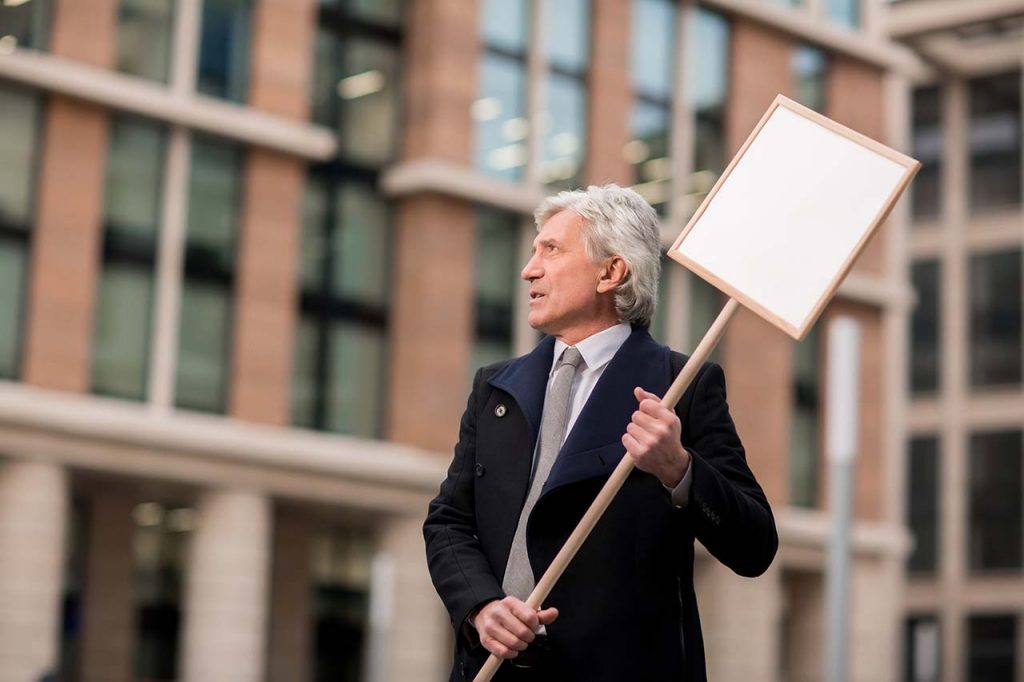A landmark national survey has revealed ageism is on the rise in Australia, with 37 percent of over-50s now reporting having experienced discrimination – up from 33 percent in 2018.
The COTA Federation’s State Of The Older Nation report also revealed 26 percent of respondents had experienced employment-related discrimination since turning 50 – up from 22 percent in 2018.
EveryAGE Counts Campaign Director Marlene Krasovitsky said these worrying trends show that ageism is not an issue that can be ignored.
“Too many are accustomed to laughing off incidents of ageism as relatively trivial, but we know it’s doing real damage to millions of Australian lives,” Ms Krasovitsky said.
“The fact that 37 percent of Australians over 50 have been discriminated against should be considered a national crisis. And to see ageism on the rise since 2018 is particularly alarming.
“Most Australians are living longer, healthier lives. Yet ageist attitudes and practices continue to exclude, diminish and marginalise older people. Workforce discrimination, for example, hurts not just older Australians, but the entire community and our economy.
“Changing social norms is never easy, but it starts with acknowledging the problem as serious. We need to stop shrugging off incidents of ageism and start calling them out.
“The World Health Organisation recently found older people who hold negative views about their own ageing will live 7.5 years less, on average, than those with positive attitudes.
“How can you not develop negative attitudes when over a third of Australians over 50 are being discriminated against, and the rest of us are forced to see and hear ageist views on a daily basis? The COTA Federation has done a tremendous job by drawing attention to this growing problem with this important piece of work.”

